In August 2022, Sima Nan was exposed for spending a huge sum to purchase property in the United States, sparking public outcry. He was later forced to admit that he owned real estate in the U.S. (Screenshot from video)
[People News] Recently, the ever-entangled, convoluted, and murky topic of CCP-style patriotism has ignited heated debates across the internet. At the center of the storm are Li Ka-shing, Sima Nan, and Yaya—representing Hong Kong, mainland China, and Taiwan, respectively—three figures who symbolize the tycoon, the internet commentator, and the social media influencer from across the three regions. Their involvement has not only redefined the limits of so-called "patriotism" but also forced netizens to reassess their understanding of human nature, morality, and the inherent evil of party loyalty.
From the CCP’s united front perspective, "patriotism" is one of the most classic and lethal tools in its political arsenal. When patriotism becomes weaponized by the Party’s propaganda apparatus, it signals the beginning of a brutal, smoke-free war of ideological struggle.
After launching a high-profile attack on Li Ka-shing, accusing him of being "profit-driven," "ignoring national interests," and "betraying and selling out the Chinese people," Beijing-controlled Ta Kung Pao has further escalated the pressure by invoking Hong Kong’s Article 23 security legislation as a threat. On March 26, Ta Kung Pao published yet another bombshell article warning Li Ka-shing that "if he insists on going further down the wrong path, the consequences will be severe."
But will Ta Kung Pao’s loud threats have any real effect? Li Ka-shing has shown complete disregard for Xi Jinping’s pressure. On March 26, Bloomberg reported that CK Hutchison’s plan to sell its overseas port assets is proceeding as scheduled, with all parties finalizing due diligence, tax, and accounting details. The deal is still expected to be signed by the previously set deadline of April 2.
In reality, Li Ka-shing has carefully calculated his moves. Navigating the crossfire of the U.S.-China geopolitical rivalry is a matter of both survival and opportunity. Even if he were to sell the ports to a Chinese state-owned enterprise, would Trump approve? If Trump exerts pressure on the Panamanian government, CK Hutchison’s deal is unlikely to proceed smoothly. Given Li Ka-shing’s astute geopolitical calculations, he must have fully accounted for Beijing’s inevitable backlash. Moreover, the powerful CCP elites backing Li Ka-shing are likely to counter Xi Jinping’s attempts to thwart the deal.
Hong Kong media reports that at the beginning of March, CK Hutchison Holdings announced it had signed a principle agreement with BlackRock. During this time, Li Zeju, the chairman of CK Hutchison and a member of the National Committee of the Chinese People's Political Consultative Conference, was attending the Two Sessions in Beijing. He was summoned by national-level leaders who inquired about the transaction. Li Zeju mentioned that the port business was sold to an Italian group for operation. On March 24, Li Ka-shing attended the 'China Development High-Level Forum 2025' hosted by Li Qiang, indicating that the Li family continues to interact with senior officials in Beijing. In this context, Li Ka-shing is still pursuing the sale of CK Hutchison to the United States, showcasing his deep understanding of Beijing's political maneuvers. Xi Jinping is currently embroiled in a crisis of power decay and may lack the capacity to address the United States' countermeasures against the CCP's strategies.
Putting aside the political and business games, the CCP criticized Li Ka-shing for selling out the country through the Ta Kung Pao. Some netizens commented: 'How can a 97-year-old man betray a 76-year-old country?' 'Li Ka-shing was born in the Republic of China, grew up in British Hong Kong, has long settled in the UK, holds Canadian nationality, and has long used a Singapore passport. Which country should he love?' In response to accusations of being 'unpatriotic,' Li Ka-shing stated, 'I have no hometown; my heart finds peace wherever I go,' subtly countering the CCP's narrative.
In contrast, Sima Nan, who has been vocal about promoting a patriotic image while profiting greatly, has now been thoroughly hit by the backlash of his own rhetoric, leading to a complete downfall for him. Netizens celebrated: 'A person's misfortune can bring joy to countless others. From shared outrage to nationwide celebration, Sima Nan has achieved this.'
Some netizens have revealed Sima Nan's true nature, showcasing his talent for crafting a public persona and his skill in betraying allies, being duplicitous and manipulative. Sima Nan's father-in-law is the renowned writer Liu Shaotang, who was labeled a rightist in 1957 for his outspoken views. Liu later received support from Hu Yaobang, who personally wrote to Liu Ren, the secretary of the Beijing Municipal Committee, to advocate on Liu's behalf and helped him secure a teaching position at Beijing Normal University. Hu Yaobang had a significant debt of gratitude towards Sima Nan's wife and father-in-law, yet this so-called patriotic warrior later launched fierce criticisms against Hu, tarnishing his reputation. After befriending Fu Zhenghua, Sima Nan seized the opportunity to publicly denounce him following Fu's downfall.
In Sima Nan's perspective, patriotism is a highly profitable venture, requiring no investment and yielding high returns, relying solely on rhetoric. However, he failed to anticipate that this so-called patriotic business would also be subject to taxation; otherwise, he would not escape the socialist iron fist.
The internet celebrity Yaya presents a different version of the patriotic narrative, but unfortunately, she has transformed the idea of telling positive Chinese stories into one of recounting negative incidents. She exploits Taiwan's democracy to undermine it, all while enjoying the freedoms that Taiwan offers, promoting the superiority of the CCP's authoritarian regime, and using the space for free speech in Taiwan to incite actions that strip away freedoms. Her overt loyalty to the party is glaring, and she has engaged in legal battles, psychological warfare, and public opinion manipulation, indicating a significant backing and connections.
Chen Binhua, spokesperson for the Taiwan Affairs Office, commented on Yaya's forced return to the mainland, stating, 'The DPP authorities misuse judicial means to oppress the cross-strait marriage community, forcing these families apart, which is against human ethics and a violation of natural justice.'
Luo Wen-jia, Vice Chairman of the Straits Exchange Foundation, responded, saying, "If she believes the motherland is so wonderful, she can let her children live in the so-called beautiful country and system she promotes. You can let your children live with you in the system you cherish, in the great motherland; no one opposes that. However, we cannot allow our children to be like your children."
Given that Liu Zhen-ya, a spouse of a mainland Chinese, loves the Chinese Communist Party, why come to Taiwan? Perhaps her body is the most honest indicator. Now that she is in Taiwan, why advocate for military unification? Isn't it often stated by the spokesperson of the Ministry of Foreign Affairs of the Communist Party that one should not impose on others what one does not desire? Holding onto Taiwan's rice bowl while wanting to destroy the homes of Taiwanese people is not just foolishness; it reflects a more sinister intent.
(First published in People News)

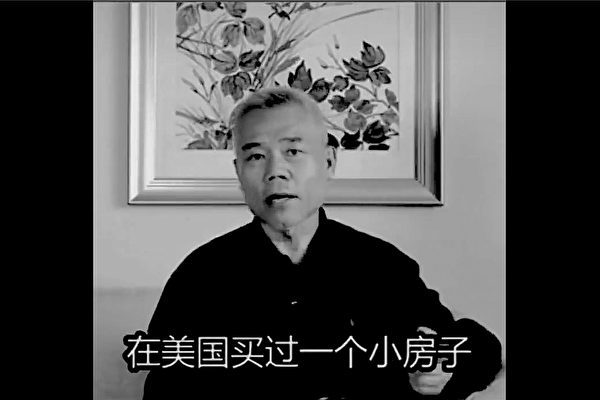


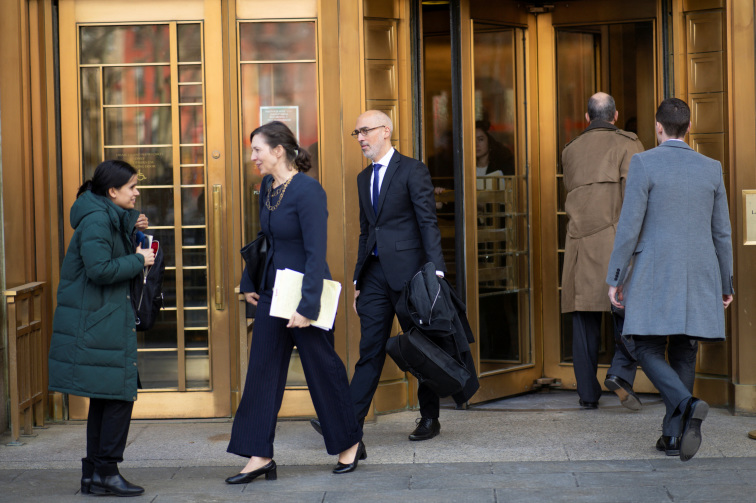

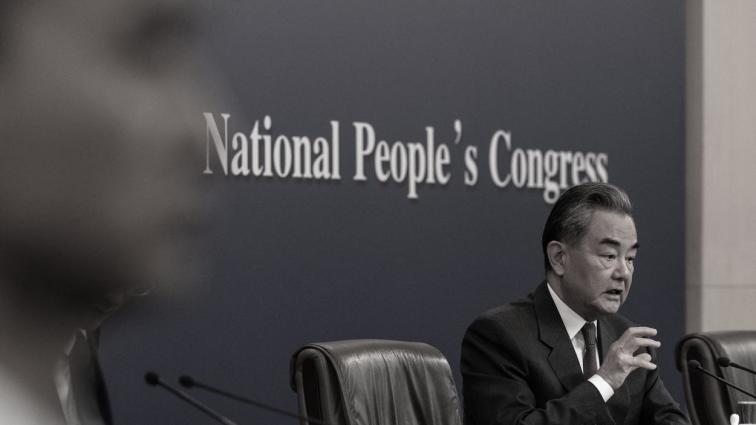
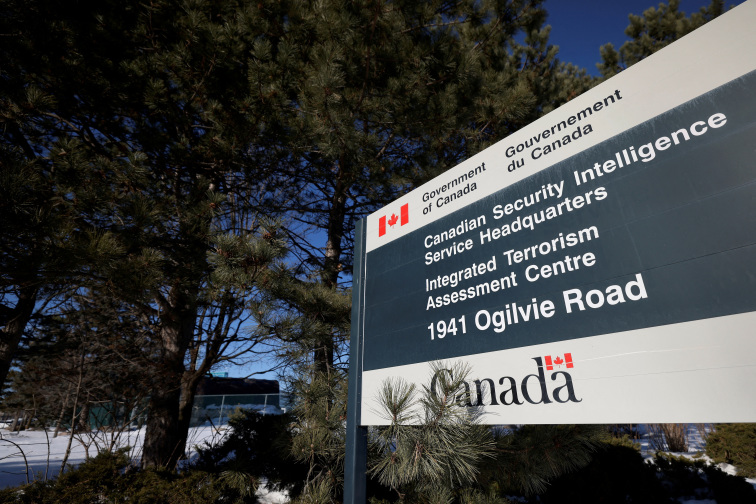
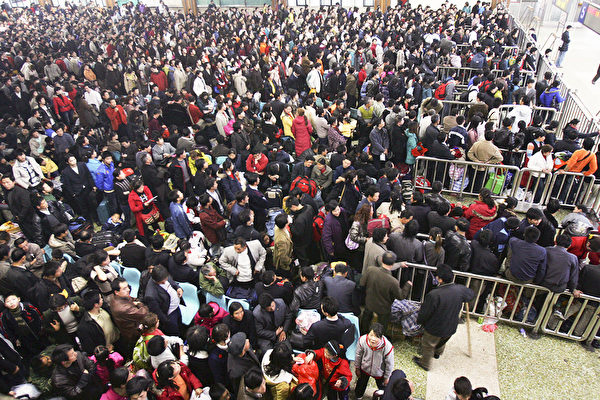

News magazine bootstrap themes!
I like this themes, fast loading and look profesional
Thank you Carlos!
You're welcome!
Please support me with give positive rating!
Yes Sure!